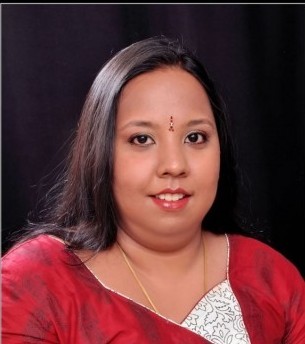What it takes to run an event management business
Every time you go to a formal event, probably even your own company’s product launch party, do you just marvel at the decor, the set-up, the food spread and fancy chairs? Or do you also wonder what it takes to actually build an event from scratch or run a company that manages them?
Event management is one of today’s highly paid career options. Young professionals conduct events with a great sense of élan and ease. To learn more about event management from a young entrepreneur, Sonalee Divgi, who runs her own event management company in Mumbai, Paroma Sen gets her talking.
You recently launched your own event management company. What motivated you to enter the field of events and management?
I think everything in my life to date inspired me. In 2008, l bid goodbye to my previous job. I called it my sabbatical. Over the years I had a lot of creative ideas and opinions. Along the way, I developed customer engagement skills and the practical knowledge of how to conceptualize ideas. It was during this time that I met Sameer (my partner and guru at work). A media, hospitality and events expert, he was eager to start something of his own.
Over numerous chats, talks that led to plans, we gained insight into each other’s USPs, passions, nature, ideas and opinions on what work should be like. This eventually led to the formation of Applebee Events and my official entry into the field of events.
In what field did you begin your career initially and how did that help you shape yourself for Applebee events?
I started off in the BPO industry, worked my way up from being a member of the first part time team 3G, Mumbai. While most people I know feel that it’s a very drastic change, I believe that a lot of what I do at Applebee Events is a direct spin-off from my managerial experience in the BPO industry.
Managing expectations, thinking on your feet, being adaptable etc, were part of my earlier roles too. Shaping up for Applebee Events required me to follow a simple two step process, the first was to sit down and listen to my senior partner as he shared his experience. This allowed me to observe him in action and use that in meetings or clients Lesson two was to unlearn, adapt and relearn.






